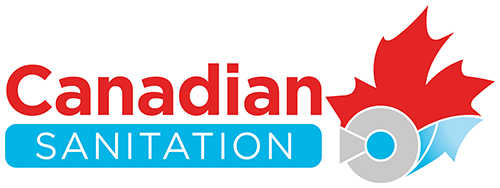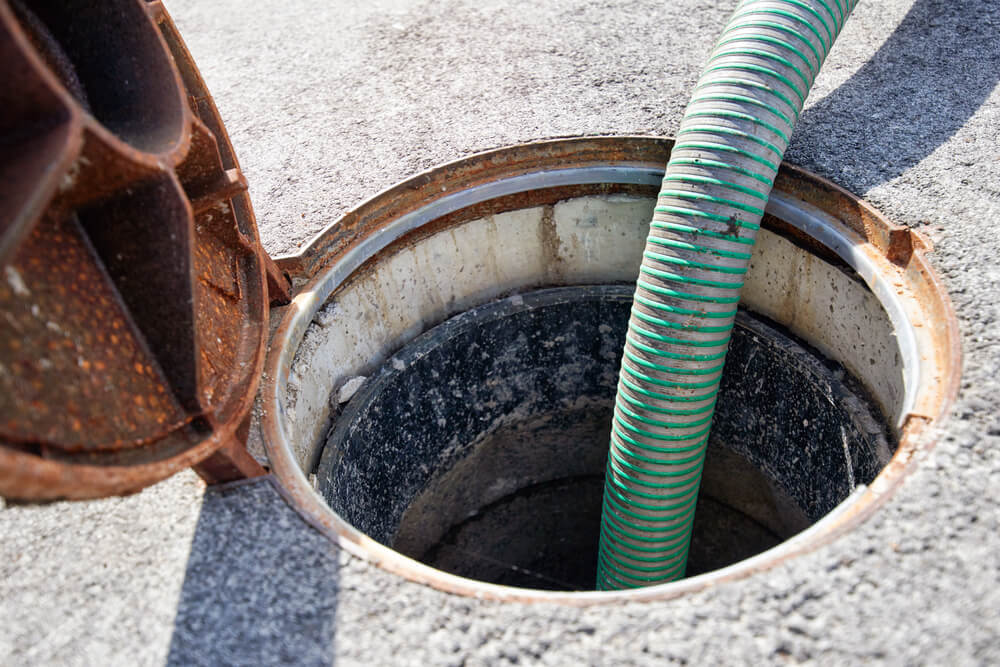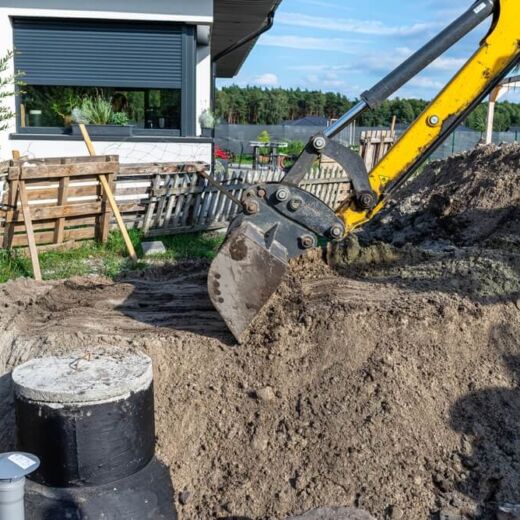Winter brings unique challenges for septic systems, especially those in Ontario’s beautiful lake country. From Orillia to Penetanguishene, ON, septic systems are the primary wastewater systems for residents. As the snow falls and the temperatures drop, ensuring your septic tank is well-prepared to withstand the season is crucial. In this blog post, we’ll explore why winter maintenance is essential for cottage septic systems and provide practical tips to keep everything running smoothly.
The Impact of Winter on Septic Systems
Winter can have several notable impacts on septic tanks and the system, especially in regions with severe cold and freezing temperatures. Understanding these impacts is crucial for maintaining efficiency and preventing potential problems.
Winterizing Your Septic Tank
Winterizing a septic tank is essential, especially in Orillia, ON, where temperatures drop below freezing. Proper preparation can prevent issues such as freezing, blockages, and damage to the system.
To winterize your septic tank, start by insulating the tank and pipes using straw, leaves, or a septic blanket. Keeping the ground insulated around the septic system helps to prevent freezing. Snow can also act as an insulator, so let it accumulate over the septic area (but avoid compacting it).
Ensure all pipes leading to and from the septic tank are well insulated. This is particularly important for any above-ground pipes.
Other tips include:
- Fix any dripping or leaking faucets to prevent the accumulation of ice in the pipes
- Be mindful of and reduce your water use
- Stagger the use of water-intensive appliances like dishwashers and washing machines
- Avoid parking vehicles or heavy equipment on the drain field, as this can compact the soil and snow, reducing insulation and potentially damaging the pipes.
- Keep the area clear of heavy objects or construction activities
- Consider a septic tank heater if temperatures typically get really cold
Snow Removal Around the Septic System
The most significant winter concern for septic tanks is the risk of components freezing. These components include the tank, the pipes leading to and from the tank, and the drain field. Frozen components can lead to backups, blockages, and potential system damage.
Snow can act as an insulator for septic systems, but a lack of snow cover in extremely cold weather can increase the risk of freezing. Conversely, too much snow can compact and lead to insulation issues. Frozen ground can prevent effluent (liquid waste) from properly percolating through the soil in the drain field, leading to potential backups or surface pooling.
Cold temperatures can slow down the microbial activity in the septic tank, which is essential for breaking down waste. This reduced activity can decrease the efficiency of the system.
Monitoring Water Usage in Winter
During winter, people tend to spend more time indoors, which can lead to increased water usage. This can strain the septic system, especially if it’s already working less efficiently due to cold temperatures. Activities like hosting guests during the holidays can overload the septic system, especially if it’s already under stress from winter conditions.
Importance of Regular Inspections
Heavy snowfall and frozen ground can make it difficult to access the septic tank for routine maintenance or necessary repairs, which can be problematic if issues arise during the winter. Preventative maintenance is essential before the snow falls.
If your tank is due for a pump-out, consider doing it before winter. This reduces the chance of solids freezing and causing blockages.
Have your septic system inspected by a professional before the onset of winter to ensure it’s in good condition and to address any potential issues.
DIY Tips to Check the Health of Your Septic System
As a Penetanguishene, ON, homeowner, here are some ways to assess the health of your septic system:
- Inspect the Area: Check for signs of standing water, unusual odours, or soggy ground around the septic tank and drainfield.
- Monitor Drains: Pay attention to the drainage speed in sinks, toilets, and showers. Slow drainage could indicate a potential issue.
- Watch for Warning Signs: Be aware of gurgling sounds, sewage backups, or foul odours inside the cottage, as these can indicate septic system problems.
- Record Pumping Schedule: Keep track of when the septic tank was last pumped. Regular pumping is essential for maintaining a healthy system.
- Check for Frost: In winter, inspect the area around the septic tank for frost. Excessive frost can be a sign of potential freezing issues.
When to Call Canadian Sanitation
The pros at Canadian Sanitation serve Orillia and Penetanguishene residents. We recognize how challenging septic system issues can be in the winter. If you’re facing any concerns or require assistance with your septic system, rest assured we’re here to support you.
Our commitment is to deliver outstanding septic services coupled with unparalleled customer care. With a team of skilled professionals with advanced technology and extensive expertise, we’re ready to offer practical solutions for all your septic challenges, ensuring your peace of mind. We eagerly anticipate the opportunity to serve your septic system repair and maintenance needs. Contact us today!




